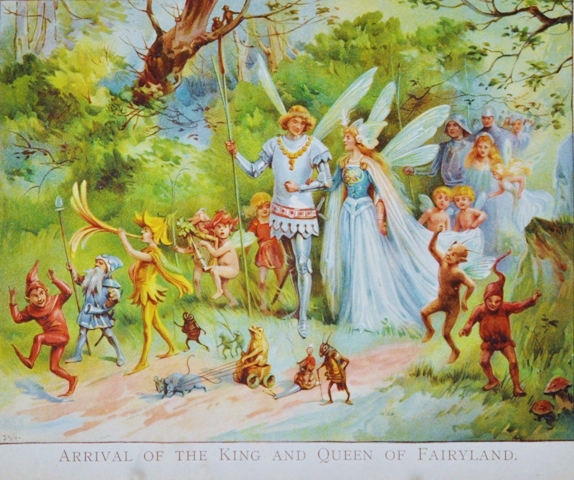Elves and Dwarves in Anglo-Saxon England

Apart from the gods, the Anglo-Saxons believed in many other classes of supernatural beings, including Elves and Dwarves. These beings were regarded with wary respect: they could occasionally be helpful to people, but they were more likely to do them harm.
This was something particularly associated with Elves (‘ælf’ in Old English). There were charms against ‘elf shot’, the invisible darts the Elves could shoot into people that caused sudden illnesses, and propitiatory rituals that were practised near sites associated with Elves. While Elves were clearly seen as dangerous, there must have been good fortune associated with them also, since so many parents gave their children names using the ‘ælf’ prefix, ‘Ælfred’ the Great not least among them, and it seems passing unlikely that parents would name their sons after implacably malevolent beings.
Dweorgas (dwarves) were creatures of barrows and mountains, smiths who might help people if aid was sought from them. Less fickle than the Elves, the service of a Dwarf might be bought by offering the Dwarf something he wanted in exchange for his skills as a smith. But woe to you if you tried to cheat a Dwarf of his due: their memories of double dealing were long and they liked revenge served cold.
0 Comments